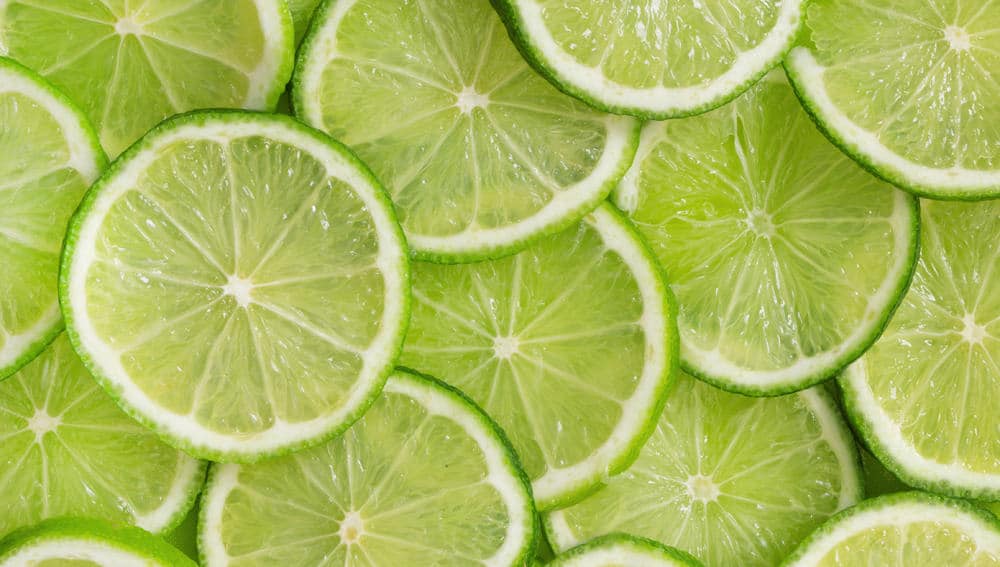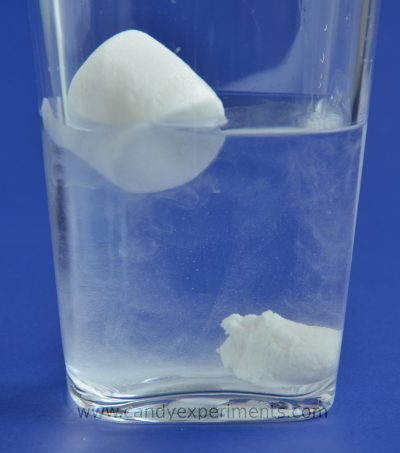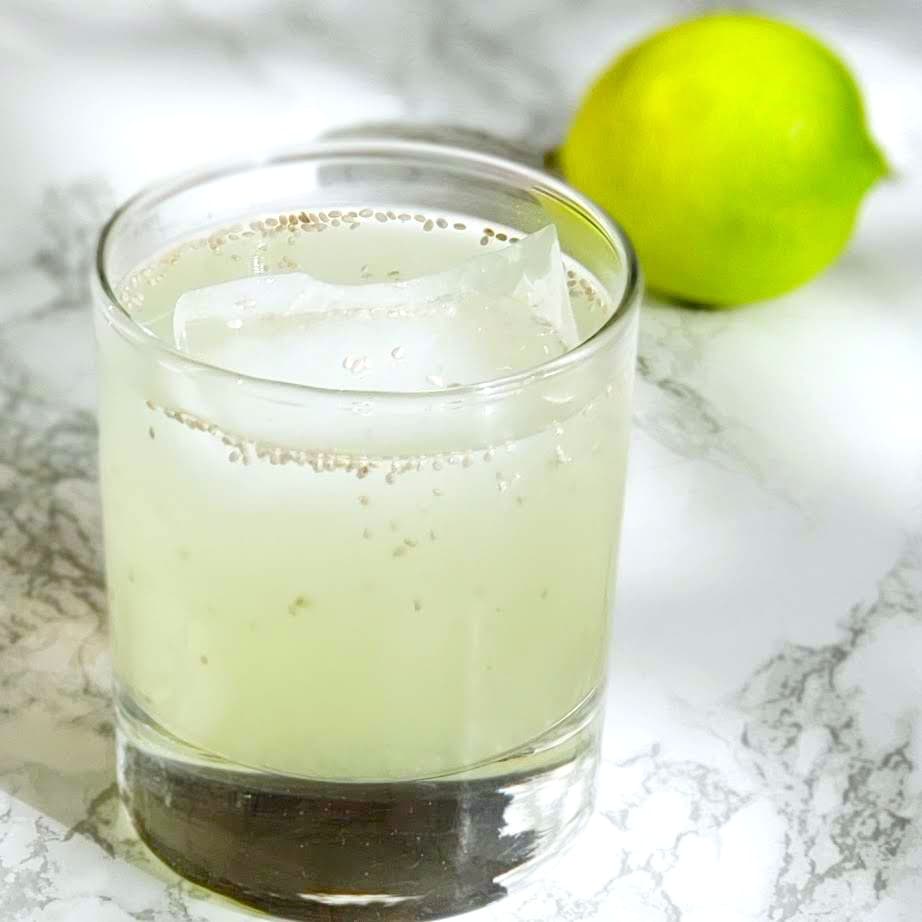The Lemon: Density =101g/99 mL = 1.02 g/mL. The Lime: Density = 101g/90 mL = 1.12 g/mL. Since the density of water is approximately 1 g/mL, it makes sense that the lemon in our experiment floated and the lime sank. But we’re still a little confused as to why limes sink and lemons float. Some people have suggested that lime flesh is much more
How to Use Fruit in your DIY Flower Arrangements
Dec 8, 2023Lemon rinds possess a more porous structure compared to lime rinds. This allows lemons to trap more air within their peels, increasing their overall buoyancy. The trapped air acts as a buoyant force, contributing to the upward force exerted on the lemon when placed in water.

Source Image: castleviewacademy.com
Download Image
Feb 2, 2023Steve Spangler Science found a lime and lemon that weighed the exact same amount and placed them in water to determine each fruit’s volume. Using the formula D=M/V, where D = density, M = mass, and V = volume, they were able to conclude that the density of a lemon is equivalent to that of water, which allows the lemon to float.

Source Image: shortpedia.com
Download Image
Density in Action: Can You Sink a Marshmallow? – Steve Spangler Science Limes are typically smaller and lighter than lemons, so you may wonder why the two fruits behave this way when added to cocktails. Even though limes are smaller than lemons, they’re also denser

Source Image: bestfoodfacts.org
Download Image
Why Does A Lemon Float And A Lime Sink
Limes are typically smaller and lighter than lemons, so you may wonder why the two fruits behave this way when added to cocktails. Even though limes are smaller than lemons, they’re also denser Jan 1, 2023A third reason why a lemon may float in water while a lime sinks is due to their relative sugar content. Lemons are generally less sweet than limes, which may affect their densities. The sugar content of a substance can cause it to dissolve in water, which can affect its density and its ability to float or sink.
Why Do Lemons Float and Limes Sink? | BestFoodFacts.org
The reason why certain objects float or sink in water is due to their density. Density is defined as the mass of an object per unit volume. If an object is denser than water (which has a density of 1 g/cm³), it sinks; if it’s less dense than water, it floats. In terms of citrus fruits like lemons and limes, their densities are affected by a Lemon soda, Zero, can, 0.33 lt | Megatek

Source Image: megateksa-ks.com
Download Image
Why Do Lemons Float and Limes Sink? – YouTube The reason why certain objects float or sink in water is due to their density. Density is defined as the mass of an object per unit volume. If an object is denser than water (which has a density of 1 g/cm³), it sinks; if it’s less dense than water, it floats. In terms of citrus fruits like lemons and limes, their densities are affected by a

Source Image: youtube.com
Download Image
How to Use Fruit in your DIY Flower Arrangements The Lemon: Density =101g/99 mL = 1.02 g/mL. The Lime: Density = 101g/90 mL = 1.12 g/mL. Since the density of water is approximately 1 g/mL, it makes sense that the lemon in our experiment floated and the lime sank. But we’re still a little confused as to why limes sink and lemons float. Some people have suggested that lime flesh is much more

Source Image: bloomsbythebox.com
Download Image
Density in Action: Can You Sink a Marshmallow? – Steve Spangler Science Feb 2, 2023Steve Spangler Science found a lime and lemon that weighed the exact same amount and placed them in water to determine each fruit’s volume. Using the formula D=M/V, where D = density, M = mass, and V = volume, they were able to conclude that the density of a lemon is equivalent to that of water, which allows the lemon to float.

Source Image: stevespanglerscience.com
Download Image
Why have the limes sunk and lemons floated in the jug of water I just poured? – Quora Make sure you lemon and lime are about the same size. Our lemon weighed 108g and our lime was 102g. Fill a bowl with water and put the lemons in. (They should float) Put the limes in.
Source Image: quora.com
Download Image
Water Density Experiments with lemon – Science project for exhibition – Free Science | Maths | English | Physics | Computer | Geography | Chemistry Projects | Working Models | DIY for Science Exhibitions or Fair Limes are typically smaller and lighter than lemons, so you may wonder why the two fruits behave this way when added to cocktails. Even though limes are smaller than lemons, they’re also denser

Source Image: howtofunda.com
Download Image
Chia Limeade from Lula Cocina in Santa Monica | Shockingly Delicious Jan 1, 2023A third reason why a lemon may float in water while a lime sinks is due to their relative sugar content. Lemons are generally less sweet than limes, which may affect their densities. The sugar content of a substance can cause it to dissolve in water, which can affect its density and its ability to float or sink.

Source Image: shockinglydelicious.com
Download Image
Why Do Lemons Float and Limes Sink? – YouTube
Chia Limeade from Lula Cocina in Santa Monica | Shockingly Delicious Dec 8, 2023Lemon rinds possess a more porous structure compared to lime rinds. This allows lemons to trap more air within their peels, increasing their overall buoyancy. The trapped air acts as a buoyant force, contributing to the upward force exerted on the lemon when placed in water.
Density in Action: Can You Sink a Marshmallow? – Steve Spangler Science Water Density Experiments with lemon – Science project for exhibition – Free Science | Maths | English | Physics | Computer | Geography | Chemistry Projects | Working Models | DIY for Science Exhibitions or Fair Make sure you lemon and lime are about the same size. Our lemon weighed 108g and our lime was 102g. Fill a bowl with water and put the lemons in. (They should float) Put the limes in.